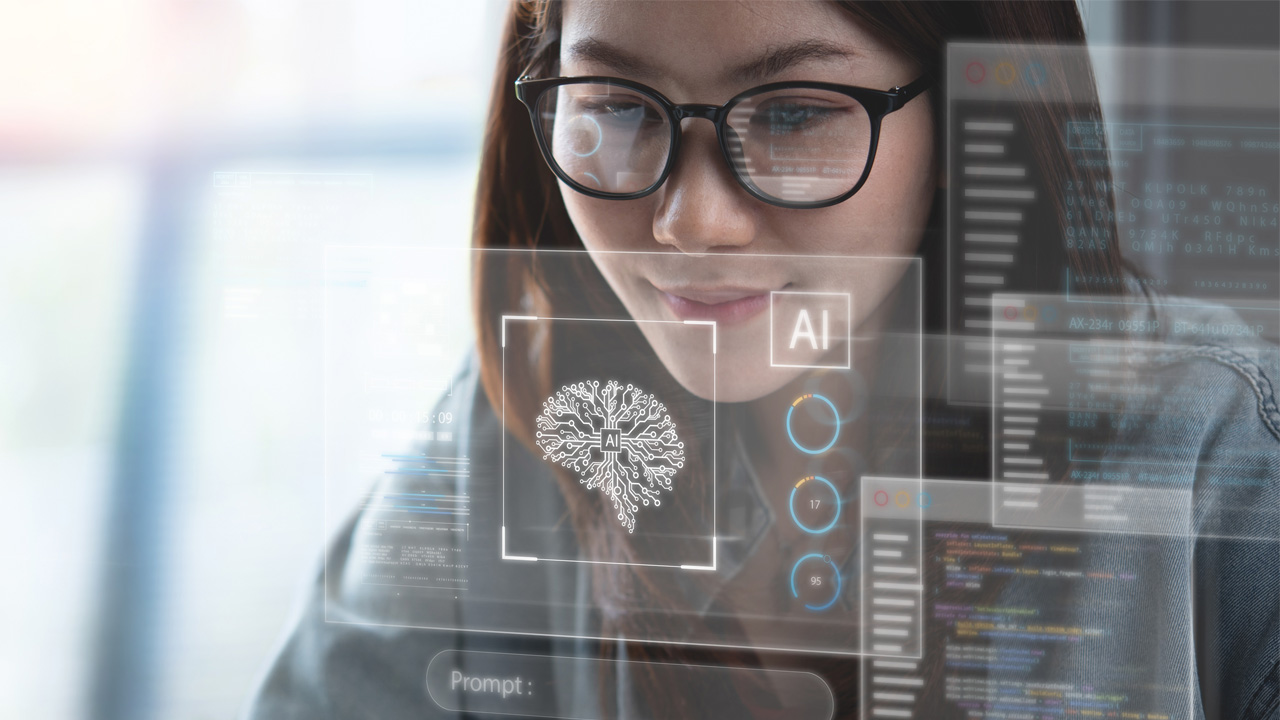The unstoppable march of Artificial Intelligence (AI) and machine learning is already touching our lives in so many ways. But the benefits of artificial intelligence have only just begun to take hold.The impact of AI is likely to intensify over the next 12 to 18 months as algorithms and hardware improve. The promise and prospect of organisations applying and profiting from this technology is now a given, no longer just a possibility.A recent Boston Consulting Group and MIT Sloan Management Review study of 3,000 business leaders found 83% of respondents regarded AI as a strategic priority for their businesses, while 75% believed AI would enable them to move into new businesses and ventures.This sentiment is reinforced by another global survey of 6,300 senior managers conducted by consulting firm Accenture. Two-thirds of business and information technology executives confirmed their commitment to invest in artificial intelligence in 2018 and 2019.Digging deeper in to the research, insights from executives in Houston, for example, demonstrate AI’s influence on the mainstream business world. The fourth-most populous city in the United States, Houston has the second most Fortune 500 headquarters of any U.S. municipality. The research reveals that more than seven out of 10 Houston executivesexpect machines to operate alongside humans at their organisation as a co-worker, collaborator, or trusted adviser.
Charting AI’s progress
In the past, the world of games provided the more spectacular examples about the power of AI’s strength in handling situations that required advanced strategy. A particular feat that set the stage for today’s advances involved the ancient and highly complex Chinese game of Go. Complex is not an overstatement, since the number of possible moves exceeds the number of atoms in the known universe. But in 2016, an AI computer program called AlphaGo, designed by Google’s AI group Deep Mind, beat the world’s No. 2 Go player in a five-game match.The program drew on hundreds of thousands of online Go games played between humans as data for a machine learning algorithm. Then, AlphaGo played the game against slightly different versions of itself over and over, fine-tuning its strategies iteratively using a technique called reinforcement learning.Now the benefits of artificial intelligence have moved well beyond playing games to finding practical applications for the world of business.
- Energy: Google’s parent company Alphabet uses DeepMind AI to control power consumption in its data centers.
- Healthcare: An algorithm based on AlphaGo Zero is tackling the issue of protein folding - a significant problem for drug discovery. The knowledge gained will help medical researchers to build drugs that better combat various viruses. This will have far-reaching implications for improving healthcare.
- Business optimization: Domo is a fast-growing business management software company that’s raised over $500 million in funding. In 2017 launched Mr. Roboto, a dashboard with 500+ data connectors, capturing data directly from any third party source – cloud, on-prem, and proprietary systems. Mr. Roboto predicts a return on investment for marketing in real-time, customer churn, and sales forecasts.
Furthermore, researchers can now train neural networks within a few hours or days, opening a staggering range of applications. Here are just a few recent examples:
Computer Vision
Diagnosing ear problems is a very singular field of expertise within medicine: Ear, Nose, and Throat (ENT) specialists. Healthcare firm i-Nside, needed advanced artificial intelligence technology for a very esoteric data set (pictures of the insides of ears) for the sole purpose of analysing ear patterns. Clarifai, an AI company specialising in visual recognition, deployed a team of data scientists to train a custom model on i-Nside’s batch of ear images. Using AI, it only took a couple of weeks for the custom model to be fully trained to recognise ear problems with near perfect accuracy.
Natural Language Processing (NLP)
NLP is concerned with the interactions between computers and human (natural) languages. As detailed by a 2017 Technology Quarterly report from The Economist, Microsoft recently announced that its latest speech-recognition system had achieved parity with human transcribers. Additionally, a small but admired startup, Lilt, uses phrase-based machine translation MT as the basis for a translation, but an easy-to-use interface allows the translator to correct and improve the MT system’s output. Every time this is done, the corrections are fed back into the translation engine, which learns and improves in real time. Users can build several different memories—a medical one, a financial one and so on—which will help with future translations in that specialist field.
Natural Language Generation
Machines are learning how to put the right words in the right order to create clear, effective messages. Tools like this are increasingly being used in customer service to generate reports and market summaries.
Cyber Defense
More advanced types of intelligent malware and ransomware learn as they spread. As these malicious attacks become even more sophisticated and prevalent, businesses will have only one choice: to fight AI with AI.AI is constantly improving, and the benefits of artificial intelligence are being seen across many industries, but it relies on large volumes of high-quality data to get better. To harness the true potential of AI, it helps to partner with experts in this field. Appen brings over 20 years of experience and knowledge of capturing and enriching a huge variety of data types that are used to train machine learning-based products. Appen develops training data at scale to support your AI initiatives through a range of data enhancement services including collection, annotation, and secure transcription to improve your machine learning.Contact us today to learn more and discuss your specific project needs.







